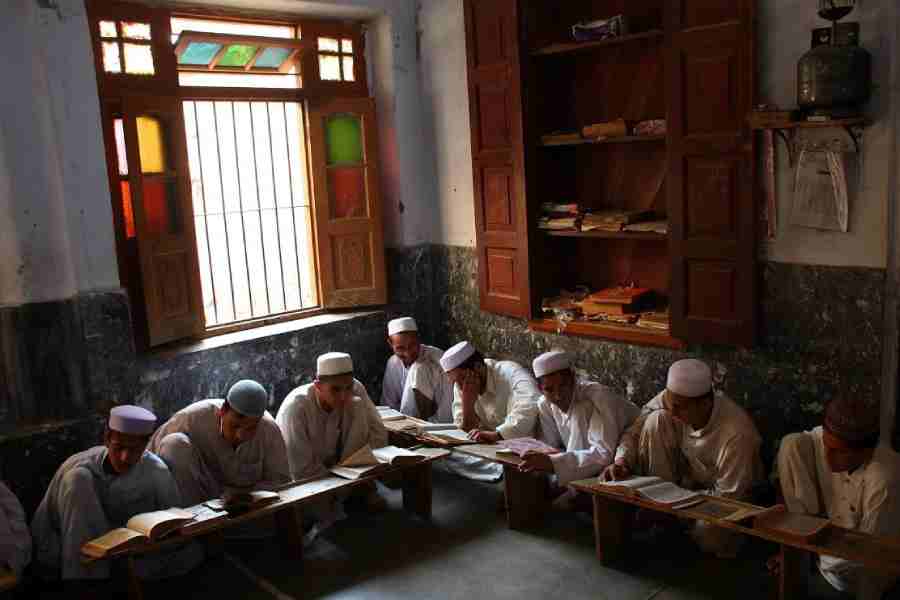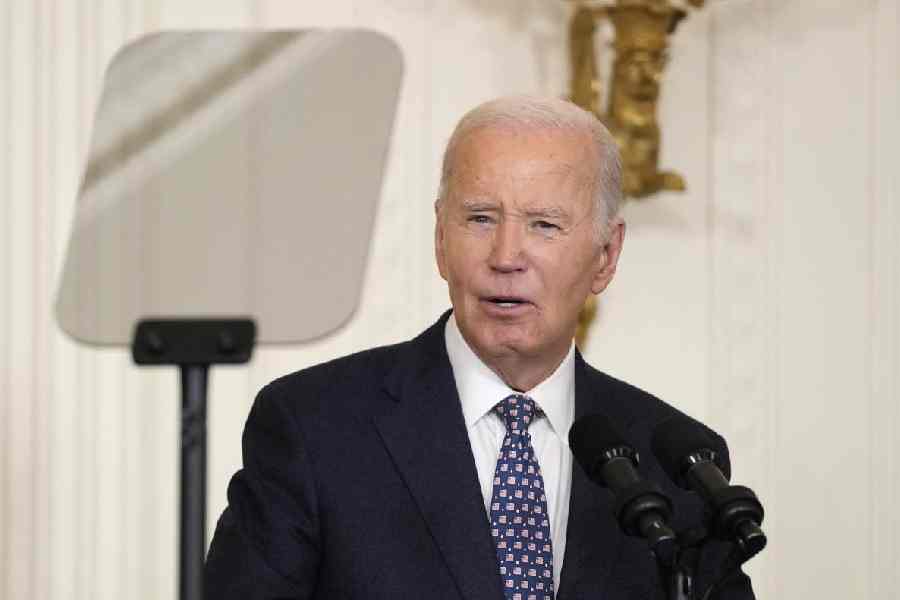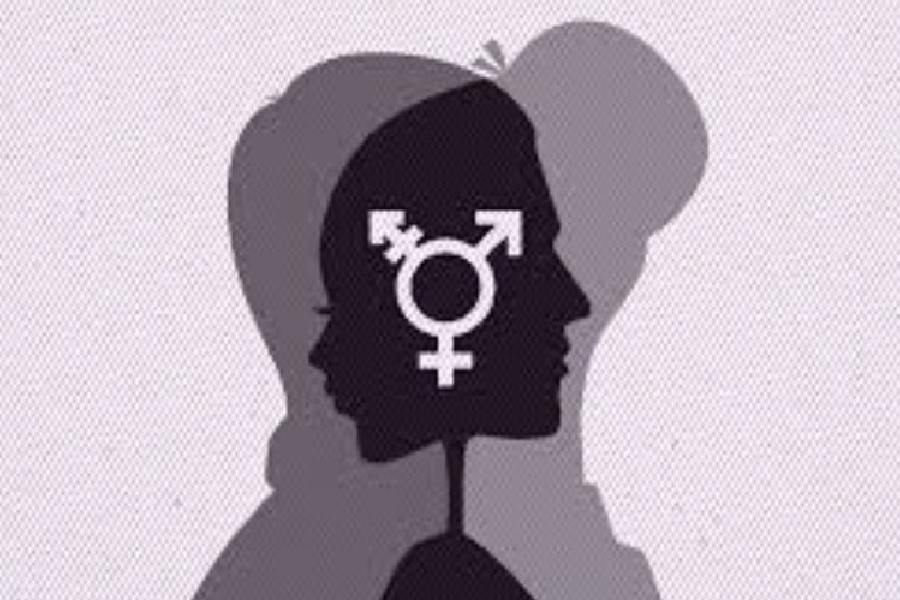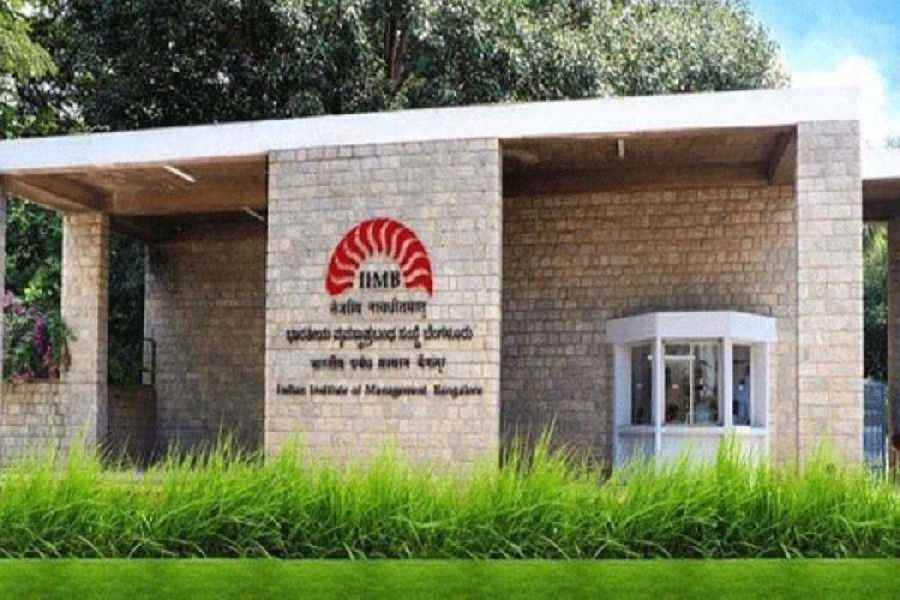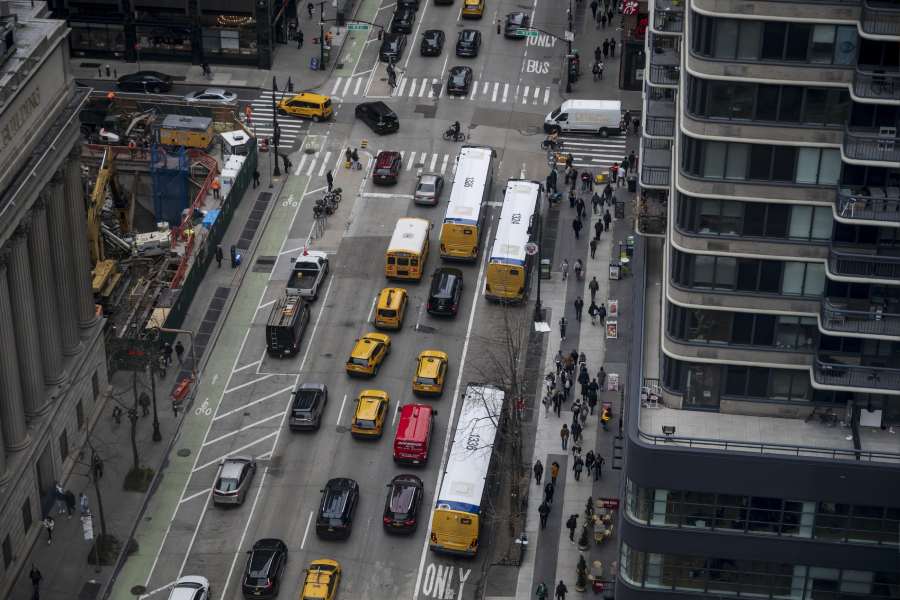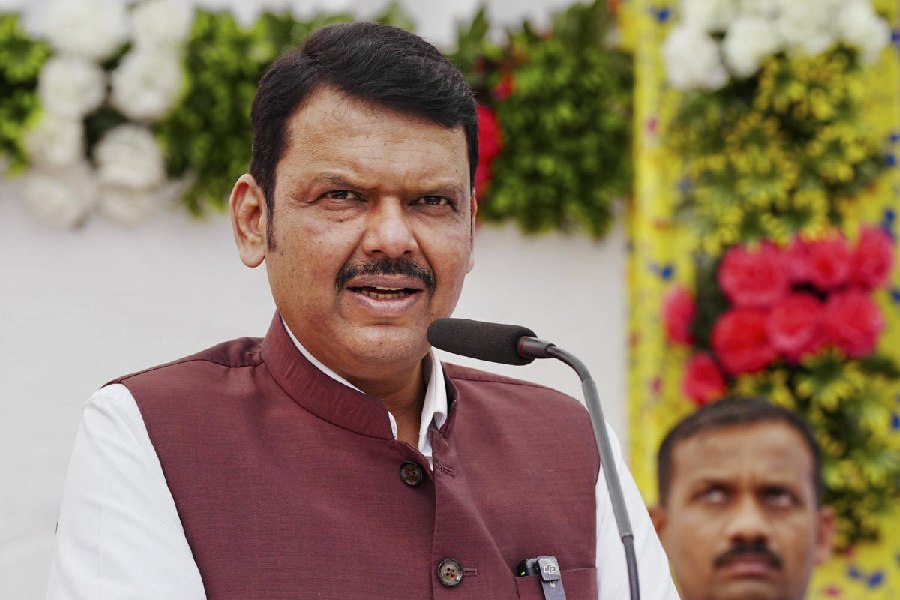They draw millions of poor Pakistani children with the simple promise of free education, meals and housing. For devout families, they offer Islamic learning rooted in ancient tradition.
But to the Pakistani government and Western counterterrorism officials, the madrasas also represent a potential threat. The institutions have long been accused of contributing to violence and radicalisation, supplying recruits for the Taliban, al Qaida and other militant groups.
Now, Pakistan’s Islamic schools are at the centre of an intense political clash — one that jeopardises years of hard-won progress towards bringing the seminaries under the government’s regulatory umbrella.
The conflict goes back to 2019, when the government enacted a sweeping overhaul requiring madrasas to register with the ministry of education. The effort, meant to increase accountability for institutions that have historically operated with minimal state oversight, was strongly backed by Pakistan’s military but faced vehement resistance from Islamist political parties.
In October 2024, the largest of those parties, Jamiat Ulema-e-Islam, secured a deal with the government to end the registration requirement. Under the agreement, madrasas would be registered as they had been before 2019, under a colonial-era law governing charitable, scientific and educational groups. That law provides little oversight of curriculums, activities or funding.
In exchange, Jamiat Ulema-e-Islam agreed to support unrelated constitutional amendments on judicial appointments that had set off a firestorm of controversy.
As the end of the year approached, however, the government had still not implemented the change. It cited concerns that reverting to the older system could undermine counterterrorism efforts, weaken oversight and breach international commitments to combat money laundering and terrorism financing.
The delay triggered threats of anti-government protests in Islamabad.
“We are firm on the agreed madrasa registration terms and will ensure they are upheld,” Maulana Fazlur Rehman, the chief of Jamiat Ulema-e-Islam, warned in Parliament last month. “If the government deviates, the decision won’t be made in Parliament, but on the streets.”
Late last week, the government finally approved the new registration provision, allowing madrasas to choose between modern oversight and the colonial-era framework. The move, in effect, discards the 2019 efforts to reform religious schools in
favour of short-term political stability.
When Pakistan was created 77 years ago, madrasas numbered in the dozens. They gained prominence and grew significantly in the 1980s, when US and Arab funding transformed them into recruitment hubs for Islamic volunteers to fight Soviet forces in neighbouring Afghanistan. Today, there are about 30,000 madrasas in Pakistan.
Many future Taliban leaders were educated in these institutions, where some teachers endorsed the anti-US ideology of al Qaida.
Pakistan came under increased pressure to regulate the religious schools after the attacks of September 11, 2001, said Abdur Rehman Shah, a madrasa affairs expert affiliated with Tongji University in Shanghai.
“The post-9/11 war on terror and events like the 2005 London bombings raised global concerns about the lack of effective madrasa monitoring,” Shah said.
After militants attacked a military-run school in northwestern Pakistan in 2014, killing more than 145 people — mostly children — observation of madrasas became central to counterterrorism efforts. Security agencies used GPS to map the schools and carried out raids and interrogations targeting seminaries suspected of militant links, Shah said.
In 2019, the government established the new regulatory framework to curb Islamist parties’ influence over the seminary boards that govern madrasas. More than 17,500 madrasas enrolling 2.2 million students were registered with the ministry of education, according to official data.
However, many seminaries, particularly those aligned with Islamist parties, including the country’s largest and most prominent ones, resisted integration into the formal system, citing fear of government interference in religious education.
New York Times News Service

